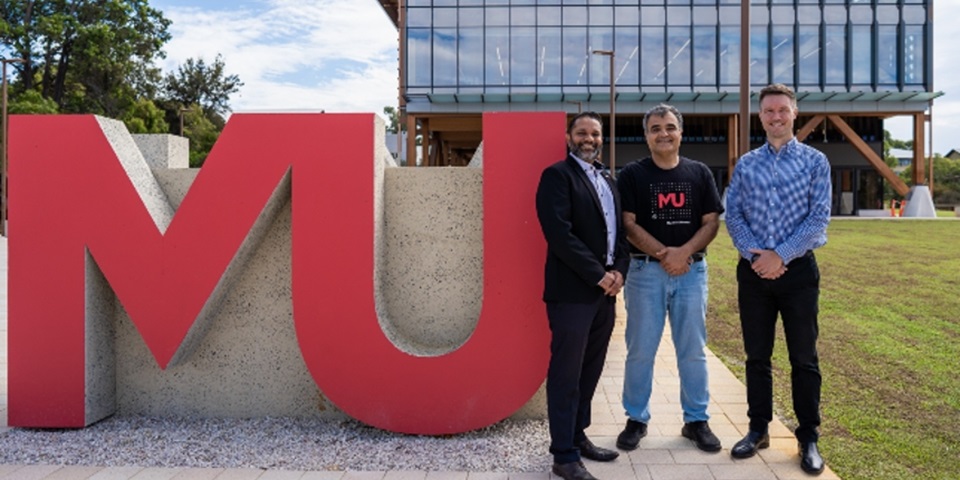News
New partnership could see Australian algal biofuel production bloom

The Harry Butler Institute will collaborate with Perth-based Paradigm Fuels to create sustainable and profitable biofuel from microalgae.
Long touted as a future renewable fuel, economical production has eluded researchers - until now.
Paradigm has developed a novel, patent-pending technology that can produce commercially viable, carbon-neutral renewable diesel and even have carbon credits leftover.
Professor Navid Moheimani from HBI’s Centre for Water, Energy and Waste, who has been at the forefront of algal research for years, said developing an economically sustainable bioenergy production process was the holy grail of algal biotechnology.
“Climate change and diminishing fossil fuel supplies combined with an ever-increasing global demand for energy have led to increased activity in developing renewable biologically produced fuels,” he said.
“But so far this has involved high capital and operational expenditure, as well as low algal biomass productivity.”
Professor Moheimani and his team aim to validate Paradigm’s new technology and demonstrate that it can significantly reduce the cost of algal production – if successful, they could enter biofuel market.
This would have significant value for not only WA and Australia, but also for many other regions in the world with a similar weather profile."
Professor Moheimani
Lesser known than biofuel sources such as corn and sugarcane, microalgae are excellent candidates to produce biodiesel because they contain high amounts of lipids. They can also be grown on small areas of arid, non-arable land using alternate water sources such as seawater.
Paradigm Fuels Managing Director Nathan Clifford said the new process would produce commercially viable renewable diesel with sufficient carbon credit to offset fuel emissions and be applied to other user carbon-generating processes.
“Paradigm Fuels is excited about the opportunity to be working together with Murdoch University and the Harry Butler Institute,” he said.
“We see great significance in this partnership of scientific research for the future of fuel and energy in Australia.”
This research supports United Nations Sustainable Development Goal 7, to ensure access to affordable, reliable, sustainable and modern energy for all, and Goal 12, to ensure sustainable consumption and production patterns.
News
New partnership could see Australian algal biofuel production bloom
Posted on
Topics